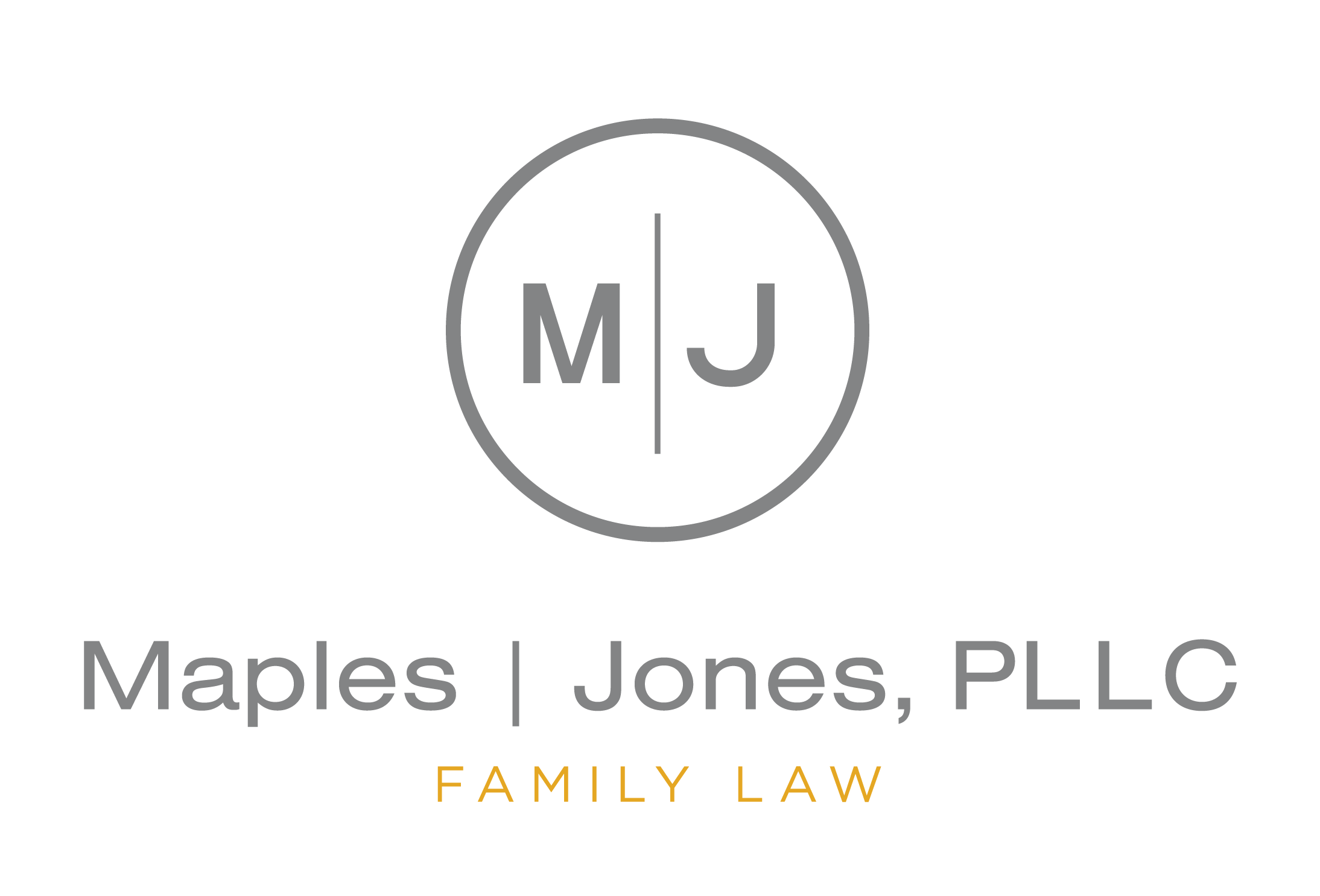Why is mediation beneficial, you ask? Mediation allows each party to have some control in the outcome of their dispute. Of course, if the idea of exposing your secrets, dirty laundry, and private conversations in a room open to the public and placed in the hands of a stranger (the judge), then the option to duke it out ‘blood bath style’ in the courtroom is always there.
Mediation is a method by which parties can resolve their disputes and have a little ownership in the outcome. Mediation is a day of negotiation where the parties can get as creative as they want with their solutions, as long as both parties feel that it is fair. Now, to be clear, negotiations can often feel painful. It has been described that a successful mediation is one where an agreement has been reached, thereby settling the dispute, and each party feels like they have won a little and lost a little. It is unlikely that the parties will leave the experience high-fiving one another. However, the benefit is that the case is settled and there is no need for the courtroom brawl.
I have often used a silly example to describe the creative negotiations in a family law mediation involving child custody issues. If the parties feel that it is in the children’s best interest to have one or both of the parents wear a pink tutu at the time that they exchange the children, then so be it. Parties can craft their agreement however they see fit, as long as the parties feel that it is fair and in the best interest of their child or children.
Something to bear in mind is the finality of an agreement reached at mediation. If the mediation is success and an agreement is reached, then the parties will sign a Mediated Settlement Agreement (“MSA”). The MSA is binding once it is signed by all parties. But for a few very specific circumstances, the MSA is irrevocable. It is iron clad. It is binding even before it is filed with the Court. There can be no “buyers’ remorse” the next day, it’s a done deal.
One last benefit to mediation is that the parties are able to exit the dispute process with dignity, ownership in the outcome, and the potential to move forward in life in an amicable manner.






